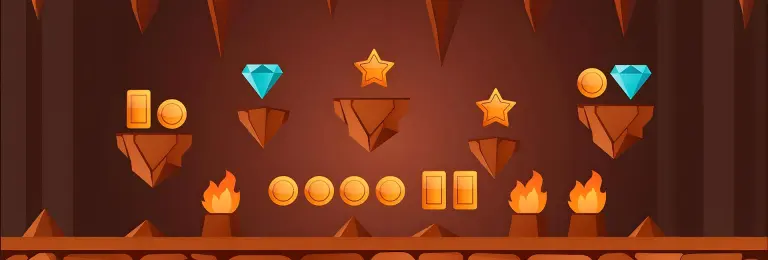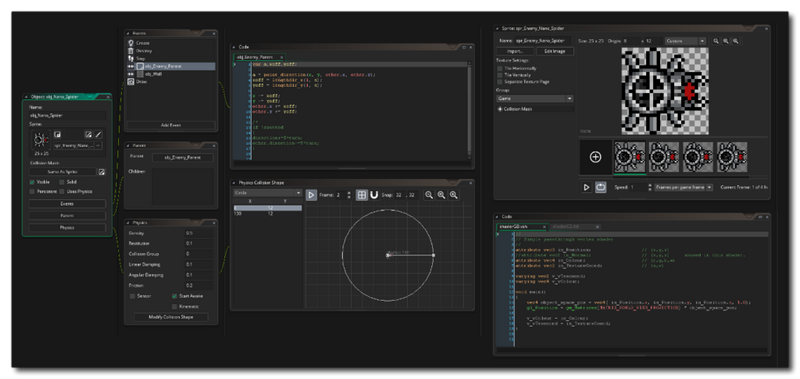
In the world of video games, many elements come together to create an immersive and engaging experience for players. One of those key elements is voice acting, which brings characters to life and helps to drive the narrative forward. However, there is another powerful tool that can be used to create emotional depth and enhance storytelling in games: music.
Music has long been used in video games to set the tone, evoke emotions, and enhance the overall gaming experience. From the sweeping orchestral scores of epic adventures to the catchy tunes of classic platformers, music plays a crucial role in shaping how players feel as they progress through a game. But could music go beyond simply enhancing the experience and actually replace voice acting in some narratives?
The answer is yes, and there are several reasons why music can be a powerful alternative to voice acting in certain games. One of the main reasons is that music is a universal language that can communicate complex emotions and themes without the need for words. In a game where the focus is on exploration, puzzle-solving, or other gameplay mechanics, music can provide the emotional context and depth needed to engage players without the need for extensive dialogue or voice acting.
For example, in a game where the player is exploring a mysterious, abandoned city, a haunting and atmospheric score can create a sense of tension and unease without the need for characters to speak. Similarly, in a game that focuses on environmental storytelling or visual storytelling, music can play a crucial role in conveying emotions and themes that might otherwise be lost in translation.
Another reason why music can be a powerful alternative to voice acting is that it allows for a more open-ended and interpretive experience for players. While voice acting can provide explicit information and guide players through a narrative, music can leave room for ambiguity and interpretation, allowing players to create their own emotional connections and meanings based on their own experiences and feelings.

In a game where players are exploring a vast and open world, for example, a dynamic and adaptive music system can respond to player actions and choices, creating a unique and personalized experience that is different for each player. This level of interactivity and immersion is something that voice acting alone may struggle to achieve, making music a valuable tool for developers looking to create more dynamic and engaging narratives.
Additionally, music can be a cost-effective and practical solution for developers working with limited budgets or resources. Voice acting can be a time-consuming and expensive process, requiring scriptwriting, casting, recording, and editing, among other things. In contrast, music can be created by a single composer or a small team, reducing the overall production costs and allowing developers to focus on other aspects of the game.
Furthermore, music can be a more flexible and versatile option for developers looking to experiment with different narrative styles and structures. While voice acting is often limited by the constraints of language and dialogue, music can be used in more abstract and experimental ways to convey complex emotions and themes. From minimalist ambient tracks to high-energy electronic beats, music can cater to a wide range of genres and aesthetics, giving developers the freedom to explore new ideas and concepts in their games.
Of course, there are also some challenges and limitations to using music as a replacement for voice acting in games. For one, some players may prefer the emotional depth and nuance that comes with best server hosting minecraft reddit voice acting, particularly in games with complex characters and dialogue-heavy narratives. Without voice acting, it can be more challenging to establish strong connections between players and characters, potentially impacting the overall immersion and engagement of the game.
Additionally, music can sometimes be too ambiguous or abstract to effectively convey important story beats or plot points, leading to confusion or disconnection for players. In games where clear communication and exposition are crucial, voice acting may still be the preferred choice for developers looking to ensure that players understand the narrative and motivations of the characters.
Despite these challenges, music can still be a powerful and effective tool for developers looking to create unique and engaging narratives in their games. By leveraging the emotional power of music, developers can create immersive and memorable experiences that resonate with players on a deep and meaningful level. Whether through sweeping orchestral scores, atmospheric soundscapes, or dynamic adaptive systems, music has the potential to enhance storytelling in games in ways that voice acting alone may struggle to achieve.

